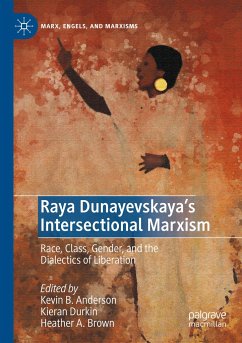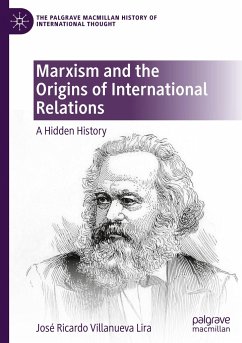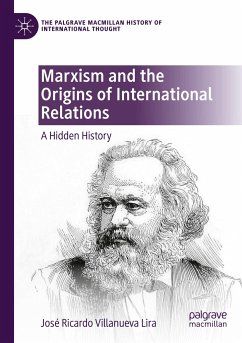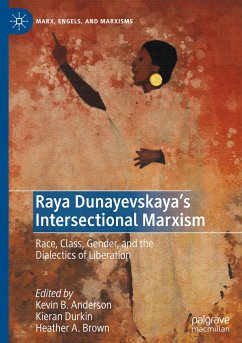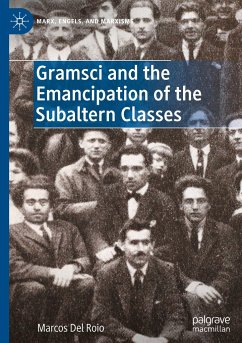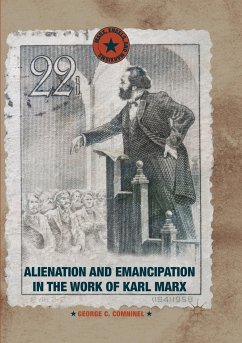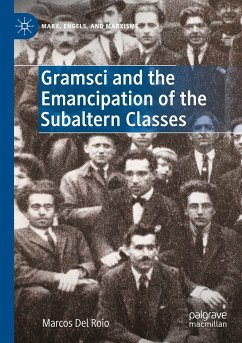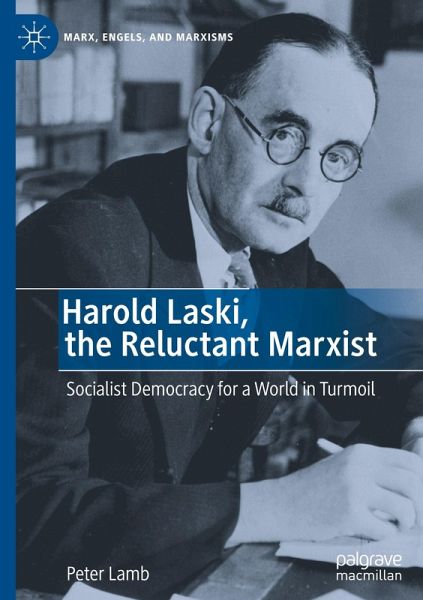
Harold Laski, the Reluctant Marxist
Socialist Democracy for a World in Turmoil

PAYBACK Punkte
49 °P sammeln!
This book examines Harold Laski's relationship to Marxism. Laski was a reluctant Marxist; he had been a pluralist, democratic socialist who wanted to reach a better society by means of parliamentary, constitutional and associational channels. In fact, he never abandoned these early aspirations. In the 1930s and 1940s he wove them into a distinctive Marxist position as he gradually came to believe that there was no answer to Marxist philosophy on history, social change and the prospects for socialism. It is the incorporation of his earlier political thought into his later work that makes his Ma...
This book examines Harold Laski's relationship to Marxism. Laski was a reluctant Marxist; he had been a pluralist, democratic socialist who wanted to reach a better society by means of parliamentary, constitutional and associational channels. In fact, he never abandoned these early aspirations. In the 1930s and 1940s he wove them into a distinctive Marxist position as he gradually came to believe that there was no answer to Marxist philosophy on history, social change and the prospects for socialism. It is the incorporation of his earlier political thought into his later work that makes his Marxism so fascinating and his work raises important questions.
Harold Laski's Marxism aims to bring a relatively forgotten political theorist back into the spotlight. Peter Lamb provides an overview to Laski's political thought in the 20th century and explores his connections to essential foundations of Marxist thought. He ends with a discussion of ways in which Laski's Marxism is of lasting significance and can contribute to more recent Marxist and neo-Marxist debates.
Harold Laski's Marxism aims to bring a relatively forgotten political theorist back into the spotlight. Peter Lamb provides an overview to Laski's political thought in the 20th century and explores his connections to essential foundations of Marxist thought. He ends with a discussion of ways in which Laski's Marxism is of lasting significance and can contribute to more recent Marxist and neo-Marxist debates.





